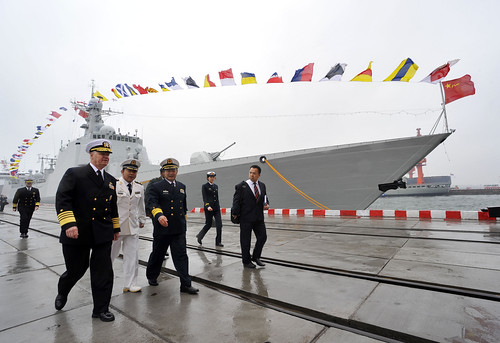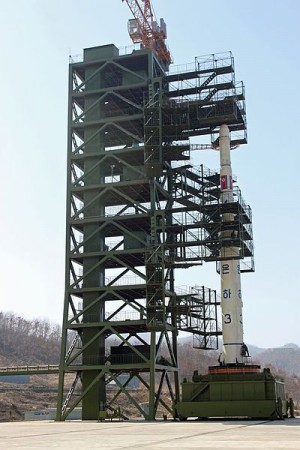
TOKYO – China is now engaged in bitter disputes with the Philippines over Scarborough Shoal and Japan over the Senkaku Islands, both located far beyond China’s 200-mile-wide territorial waters in the South China Sea. Indeed, so expansive are China’s claims nowadays that many Asians are wondering what will satisfy China’s desire to secure its “core interests.” Are there no limits, or does today’s China conceive of itself as a restored Middle Kingdom, to whom the entire world must kowtow?
So far, China has formally referred to Taiwan, Tibet, and Xinjiang province as “core interests,” a phrase that connotes an assertion of national sovereignty and territorial integrity that will brook no compromise. Now China is attempting to apply the same term to the Senkaku Islands in its dispute with Japan, and is perilously close to making the same claim for the entire South China Sea; indeed, some Chinese military officers already have.

